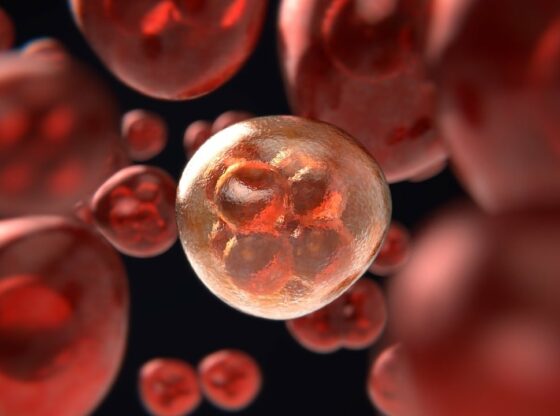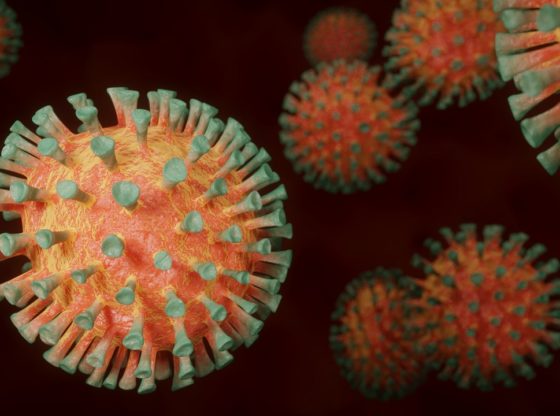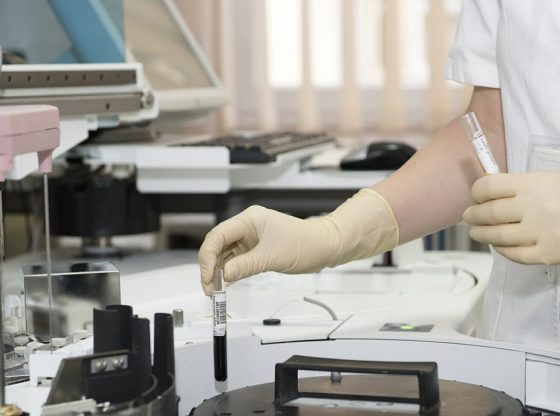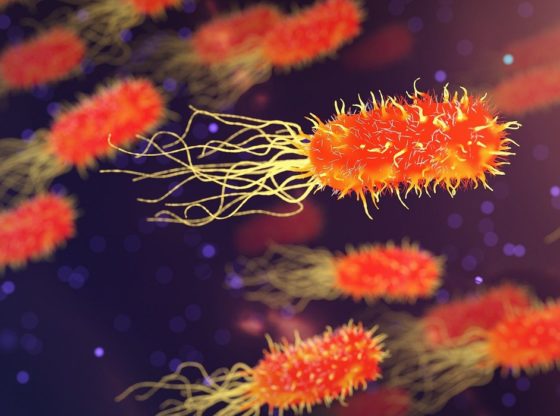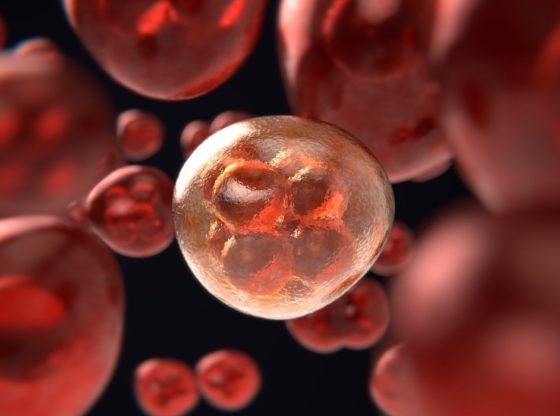A new experimental treatment on mice could result in much faster and better recovery after stroke in people.
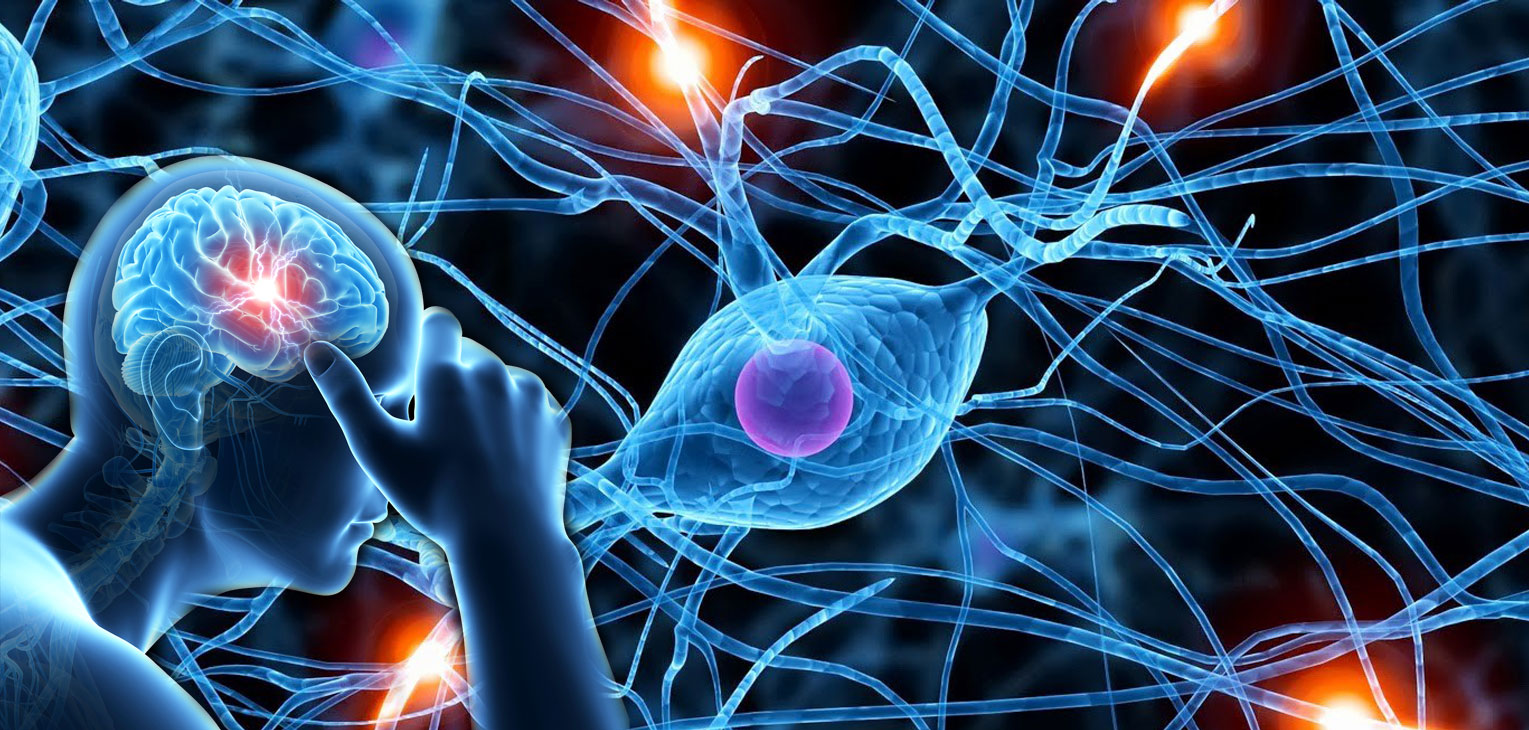
Researchers at the Sahlgrenska Academy in Sweden have been testing an experimental new drug that could lead to a promising new treatment in humans. The team administered a dose of a molecule called ‘C3a peptide’ to mice and it resulted in faster and better recovery from stroke. Those mice that received the C3a molecule were able to use their front paws much faster than the control group of mice that received a placebo.
A stroke occurs when the blood supply to part of your brain is interrupted or severely reduced. This deprives brain tissue of oxygen and nutrients. Within minutes, brain cells begin to die, resulting in often permanent physical and mental related problems. Rehabilitation from a stroke is very difficult and the affected area of the brain is often inflamed long afterward.
The C3a molecule is a protein naturally produced in the brain and plays a large role in the immune response. It has been shown to have both proinflammatory and anti-inflammatory responses, able to counteract the proinflammatory effects of another protein called C5a.
The Swedish researchers set about to find out what the effects would be if more C3a were administered than what was naturally produced in the brain. The protein was given as nose drops to 28 mice for three weeks. Half received C3a peptide and half a placebo. The mice that received the nasal drop formed new nerve synapses and connections between neurons. The treated mice recovered much better. This positive effect was apparent even after waiting a week until beginning the treatment.
“Mice have pretty good ability to recover after a stroke, even without treatment, but with C3a they got better much faster and were able to use the affected paw to a higher degree. And they remained better even four weeks after we finished the treatment,” according to Anna Stokowska, first author of the study and postdoctoral researcher at Sahlgrenska Academy.
The results from this study are hopeful, but more research is needed before it can be tested on humans. What is especially positive is the fact that the drug appears to improve healing of the brain even when administered a week after a stroke, the treatments in use today must be administered within just a few hours.
“In principle, all stroke patients could receive the treatment. Compare that with removing the blood clot, which must be done within the first few hours. Most people arrive at the hospital too late for that treatment. We believe that a combination of this treatment and the correct type of rehabilitation can help patients improve even faster. It might also be possible to treat other illnesses than stroke, such as brain damage after traffic accidents. But that remains to be seen; there is still a long way to go,” according to Marcela Pekna, associate professor at the Institute of Neuroscience and Physiology at Sahlgrenska Academy in a press release by the University of Gothenburg.
Reference:
Anna Stokowska et al. “Complement peptide C3a Stimulates neural plasticity after experimental brain ischaemia” DOI https://doi.org/10.1093/brain/aww314
University of Gothenburg: New discovery may improve recovery after stroke

